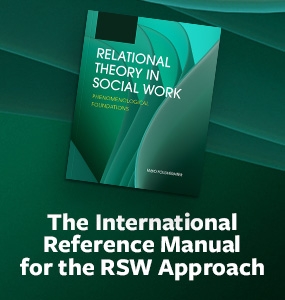The Digital Turn in Social Work: Navigating Relationships, Boundaries, and Ethics
Beatrice Cacopardo
During the COVID-19 pandemic, social workers in Lombardy, Italy, were confronted with an abrupt shift to digitally mediated practices that reshaped the core of the helping relationship. This qualitative study draws on 29 interviews and two focus groups conducted between 2021 and 2022 to explore how professionals experienced and responded to this transformation.
The findings reveal both relational and ethical tensions, linked to distance, loss of non-verbal cues, and blurred boundaries, and a range of adaptive strategies aimed at maintaining empathy and trust. Concepts such as social presence and digital intimacy provide a lens to interpret these micro-practices of negotiation. While rooted in a specific historical context, the reflections emerging from the study remain highly relevant in the current phase of hybrid practice, as social services continue to grapple with the long-term integration of digital tools.
The study argues that digitalization in social work is neither inherently empowering nor detrimental, but context-dependent, and must be critically accompanied by institutional guidance, training, and ethical reflection.
Keywords
Digital social work, Helping relationship, Hybrid practices, Social presence, COVID-19, Ethics.




